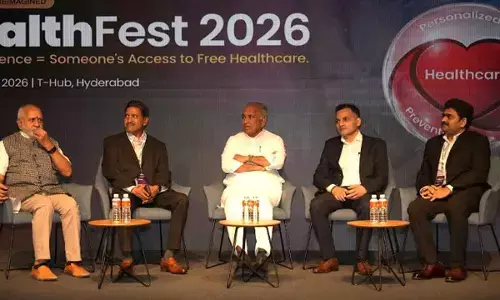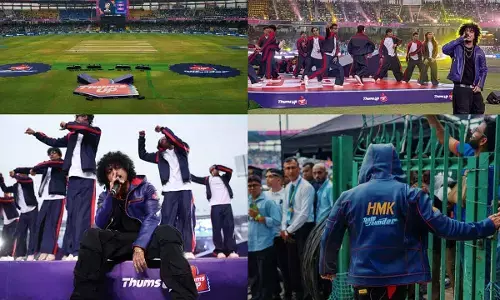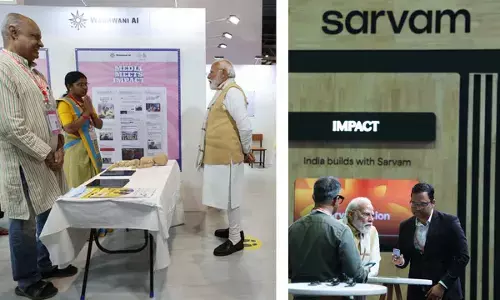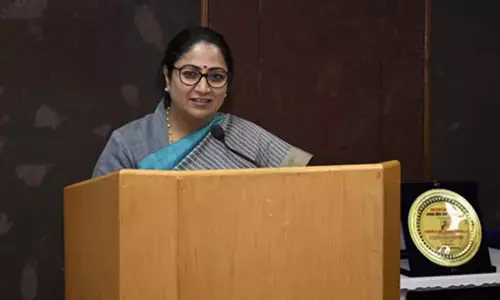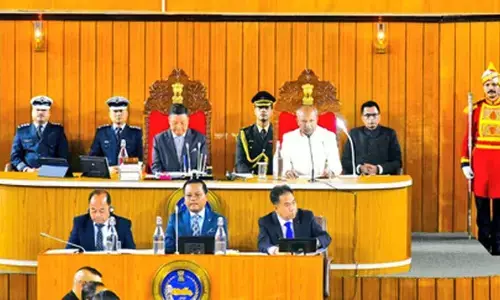Whither Constitutional morality?
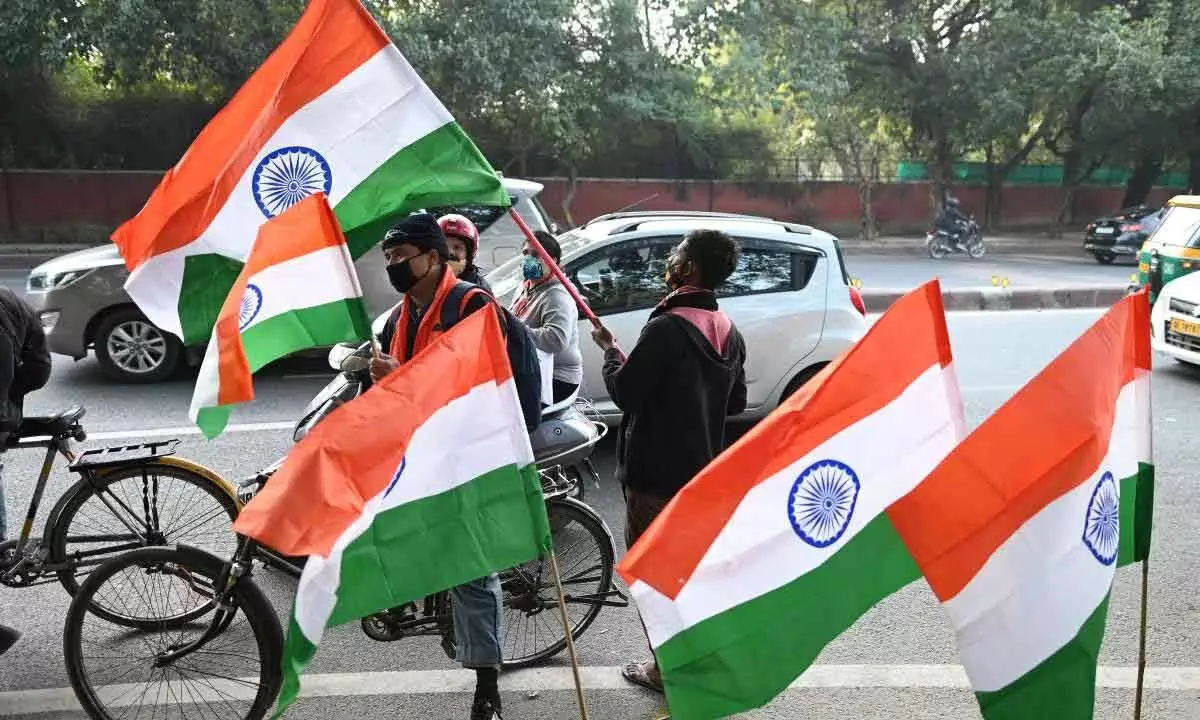
‘Constitutional morality is not a natural sentiment. It has to be cultivated.
'Constitutional morality is not a natural sentiment. It has to be cultivated. We must realize that our people have yet to learn it. Democracy in India is only a top-dressing on an Indian soil which is essentially undemocratic.' That was from Dr B R Ambedkar in one of his Constituent Assembly debates in 1948. Whether one agrees with it or not, the cases confronting the Supreme Court, more so in the recent past, are a result of such undemocratic nature repeatedly surfacing in the country.
The latest case of the convicts of Bilkis Bano is an example. The rapists and murderers were ordered to a sentence of life in jail and yet they walked free the other day. Not only this pack of wolves was set free to, perhaps, ravage the society once again, but those were also accorded a grand welcome by a section of the society. A BJP leader had gone ahead and said "some of them are good Brahmins, too." Has he forgotten that Lord Krishna tells Arjuna in the Gita that "not by matted hair, nor by race does one become a Brahmin, but he is a Brahmin in whom there is truth and righteousness." Our Constitution has also become like our Gods. It is 'pujaneey' but not to be followed.
Indian Constitution is a beautifully worded work which envisaged an independent democratic Republic of India that would be a federal polity with residuary powers vesting in the autonomous units and sovereignty belonging to the people. This part is again forgotten. The sovereignty belongs to the people. The sovereignty should not be applied to the criminals. Justice – social, economic and political; equality of status, of opportunity and before the law; freedom of thought, expression, belief, faith, worship, vocation, association and action were to be guaranteed to all the people along with 'adequate safeguards' to minorities, backward and tribal areas and depressed and other backward classes.
These were all draft principles and the philosophy that was to permeate the task of Constitution-making. The Constituent Assembly debated the resolution at length from 13-19 December 1946. Postponed on 21 December, the debate concluded on 22 January 1947 when Jawaharlal Nehru replied. After his speech, the resolution was adopted in a solemn manner, all members standing. The problem is not with the Constitution nor with the Criminal Procedure Code. This problem is inherent to our frauds called politicians. When Teni's son drives his vehicle into a crowd of farmers in Uttar Pradesh, our State does not respond properly. After all, Teni is key to power in some parts of Uttar Pradesh. So it requires the whole world's attention to send his son to jail.
Dr Ambedkar knew that his draft would not feed the hungry or the starving in the country but will bring a promise of many things to them. While the Britishers encouraged and created separate religious blocks in the country before leaving this country, the rulers since then have created more blocks that are at loggerheads with the others. It is inconceivable that some people should have independence to do what they want to do, while others are denied the same to lead their lives peacefully as guaranteed. Alas, we are only left with a dry Constitution with its spirit completely lost


